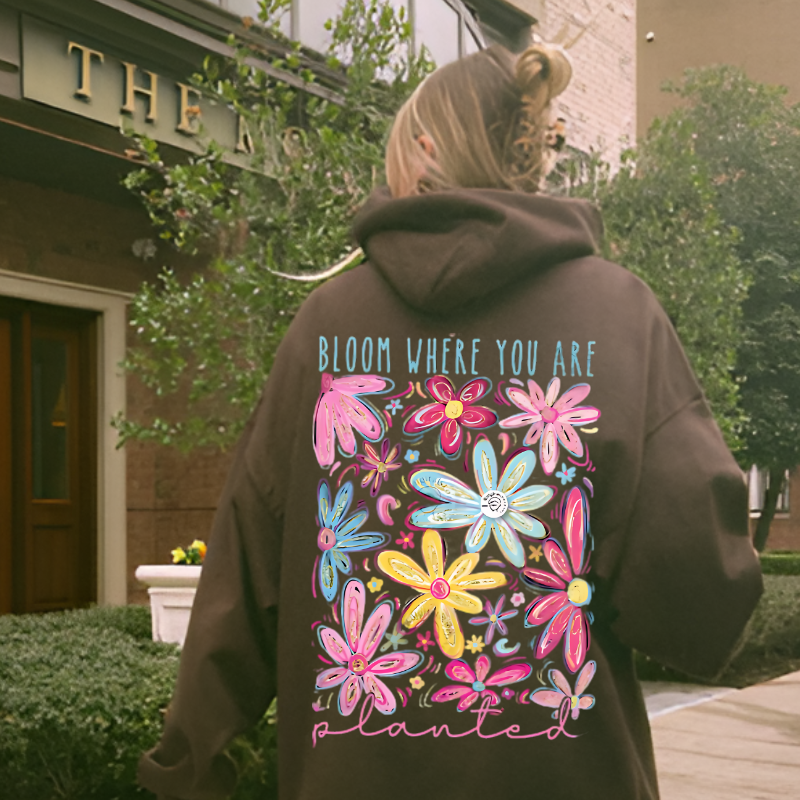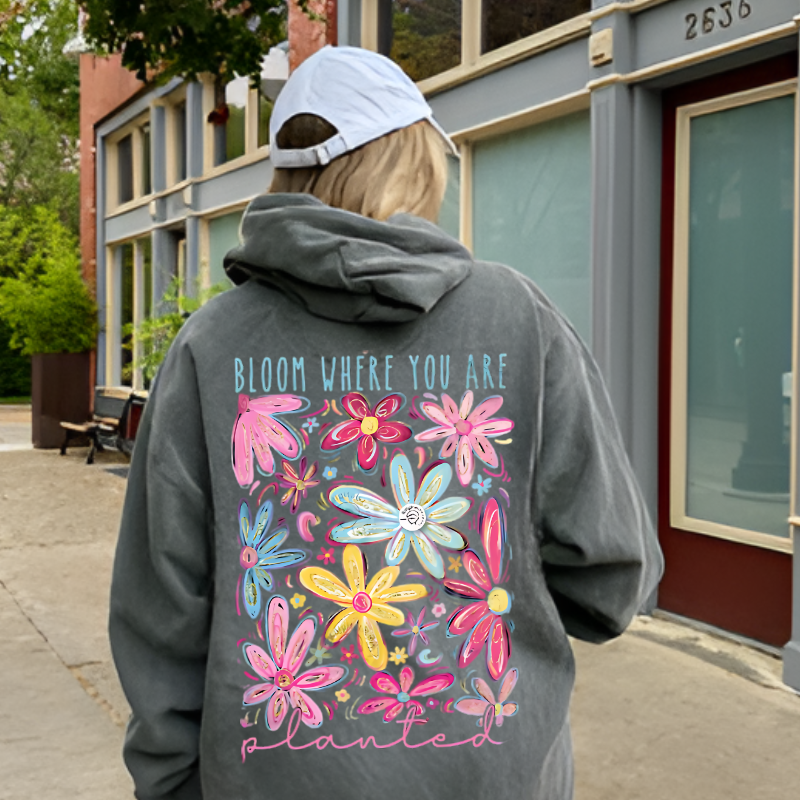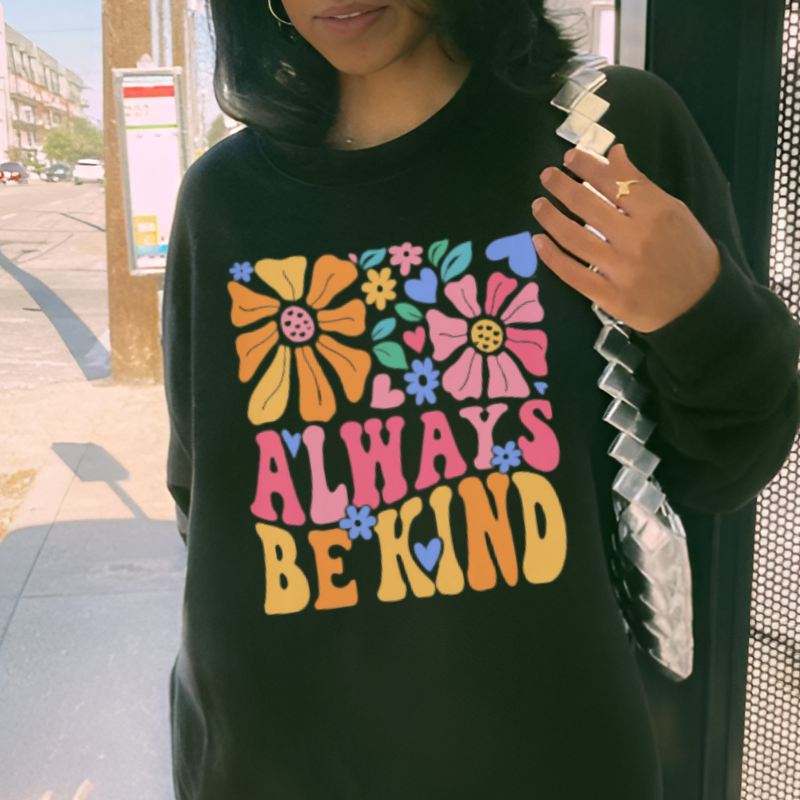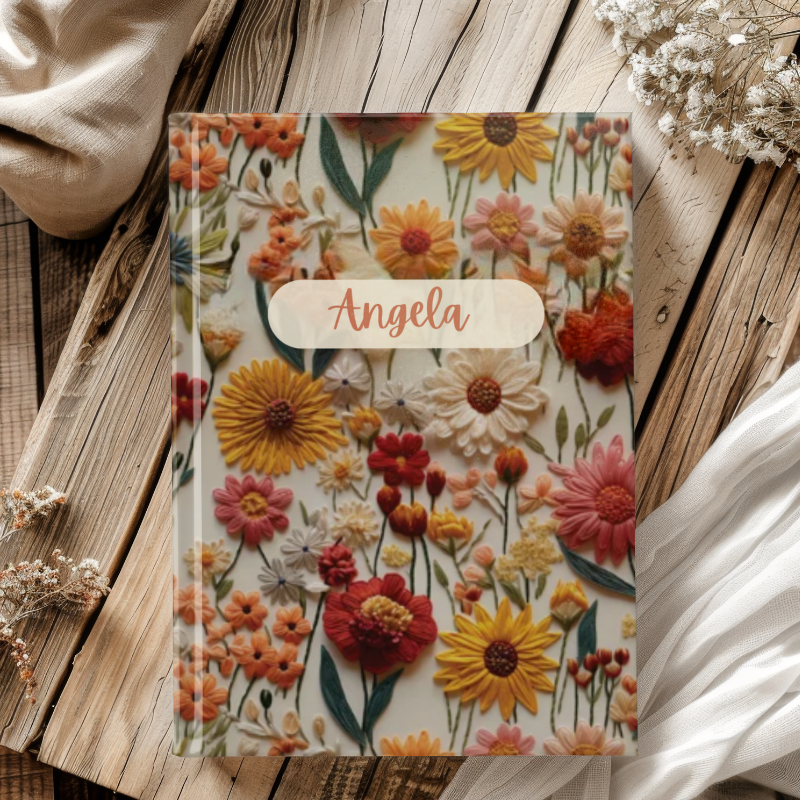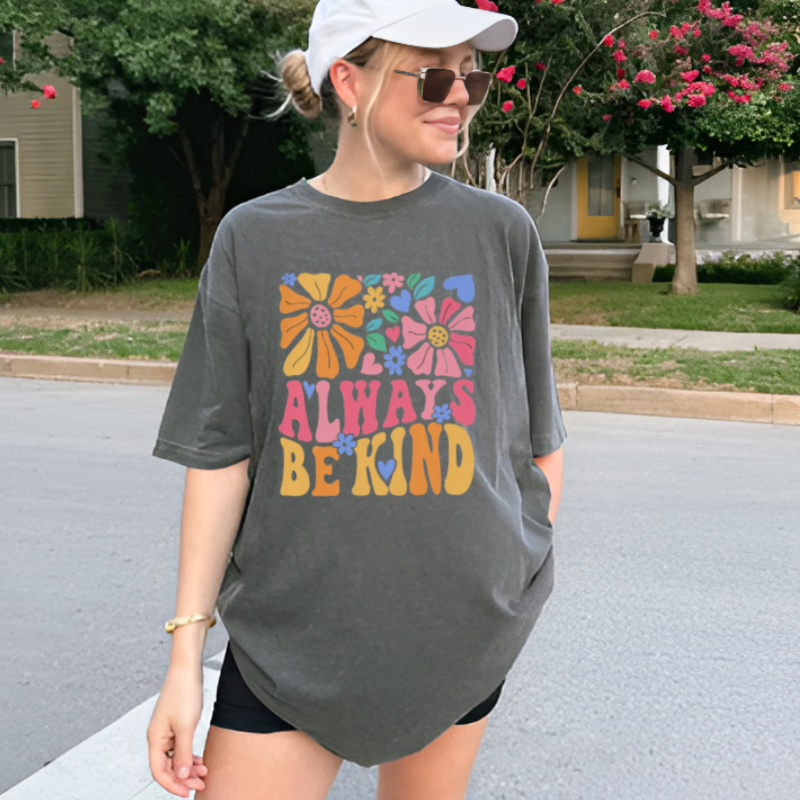Ever walked into a room and instantly felt the tension before anyone said a word?
Or listened to a friend vent for 45 minutes and then found yourself needing a nap, a snack, and possibly a sage cleanse?
If so, you’re probably emotionally absorbent. Like a walking, talking sponge. And while empathy is a gift, constantly soaking up other people’s emotions can leave you feeling heavy, confused, and totally disconnected from your own energy.
Let’s fix that—without turning into a hermit or pretending not to care.
First: No, You’re Not “Too Sensitive”
You’re perceptive. Attuned. The kind of person who notices a change in someone’s tone before they do.

That’s not a flaw. It’s intuition. The goal isn’t to shut that part of you down—it’s to protect it so it can work for you, not drain you.
Step 1: Recognize When It’s Not Yours
This might sound obvious, but when emotions rush in, your body doesn’t always distinguish between yours and someone else’s. That’s why it’s key to pause and ask:
- Is this feeling mine?
- Was I fine 10 minutes ago before this conversation?
- Am I trying to solve something that isn’t actually my responsibility?
Sometimes just naming it as “not mine” helps you set it down mentally. Like returning a borrowed coat that’s three sizes too heavy.
“Not every emotion you feel is yours to carry.”
Step 2: Use a Grounding Object
One powerful way to stay rooted in yourself is through intentional cues—like clothing, scents, or daily rituals.
That’s where something like the Boundaries Breakthrough Toolkit comes in. This isn’t just a digital workbook—it includes scripts, visual reminders, and reflection pages that help you set boundaries before you feel burned out.
Whether you use it before a tricky conversation or after a heavy group hang, it’s like a boundary-setting coach in your back pocket.
Step 3: Build an Inner Filter (You Can Still Be Kind)
Filtering doesn’t mean blocking everyone out. It means letting the right energy in, and noticing when the wrong stuff starts to pile up.
Try this:
- Imagine an invisible screen around you when someone starts venting.
- Picture their words moving around you, not through you.
- Ask yourself, “Do I need to absorb this right now?”
Just because someone needs to unload doesn’t mean you have to be the dump site.
Step 4: Say Less, Hold Space Differently
You don’t always have to fix, react, or deeply respond. Try holding space with silence. Nods. Gentle presence.
You can be a compassionate listener without internalizing someone’s storm. In fact, when you stay centered, it helps them regulate themselves better.
Holding space doesn’t mean hosting an emotional Airbnb.
Step 5: Choose One Anchor Thought (Or Better Yet, a Card)
When emotions get murky, anchoring back to your own truth is essential.
That’s where a tangible reminder like the Positive Affirmation Cards can be magic. Flip one before or after a tough interaction—especially ones that tend to leave you feeling drained. It's like pulling yourself back to shore with a line that says, “I don’t have to absorb this to be supportive.”
These little cards aren’t just cute—they’re mini recalibrations.

Step 6: Create an Energy Reset Routine
Think of this like your personal emotional shower—a way to clear your internal slate after being around intense vibes.
This could be:
- A 10-minute walk
- A playlist that helps you reset
- A journal session
- Literally saying: “I’m letting that go now.”
Some people light candles. Others dance it out in their kitchen. The point isn’t what it looks like—it’s choosing to clear the slate instead of letting the buildup turn into a breakdown.
“Routines are rituals. And rituals remind your nervous system that you’re safe.”
Step 7: Schedule Solo Time Like It’s Sacred (Because It Is)
If you’re constantly around people, especially if they lean on you emotionally, your system will run low. Fast.
You don’t need a weeklong retreat. You need:
- 10 quiet minutes in your car before errands
- One evening a week where your phone goes on “do not disturb”
- A solo coffee date with yourself
Alone time isn’t indulgent. It’s how you integrate all the emotional pieces flying at you during the day.
“Alone time isn’t isolation—it’s integration.”
Step 8: Track What (and Who) Leaves You Feeling Off
Not in a judgmental way—just as awareness.
- Who do you feel lighter around?
- Who makes you feel like you’re walking through emotional fog?
Using something like a journal (or even a notes app) to track these patterns helps you make conscious choices. Your nervous system will thank you.
Step 9: Reframe Your Role
Being intuitive doesn’t mean being available 24/7. Your job is not to fix, absorb, or carry. Your job is to witness, reflect, and respond with intention.
“You can care deeply without becoming a container for everyone’s emotions.”
Once you reframe your role, you naturally begin to show up more grounded, less reactive—and more in tune with your own emotional landscape.
One Last Thing…
If you’ve ever wondered, “Why can’t I just be chill like everyone else?”—here’s the truth:
Most people are absorbing stuff, too. They’re just not aware of it.
But you are. And that awareness? It’s your secret weapon. It means you get to create boundaries on purpose. You get to choose what gets in, what stays out, and what gets gently returned to sender.
You don’t have to harden. You just have to anchor.
And you don’t need to change who you are—you just need to protect who you are.
Ready to Reclaim Your Emotional Space?
- Start small with the Boundaries Breakthrough Toolkit—a go-to digital guide for protecting your energy without guilt.
- Pull a truth from the Positive Affirmation Cards when you need to ground yourself after tough interactions.
- Make a habit of checking in with your own energy first—before the world rushes in.
You don’t have to stop feeling deeply.
You just don’t have to carry everything anymore.





